610: quantum of sollazzo
#610: quantum of sollazzo – 10 June 2025
The data newsletter by @puntofisso.

Hello, regular readers and welcome new ones :) This is Quantum of Sollazzo, the newsletter about all things data. I am Giuseppe Sollazzo, or @puntofisso. I've been sending this newsletter since 2012 to be a summary of all the articles with or about data that captured my attention over the previous week. The newsletter is and will always (well, for as long as I can keep going!) be free, but you're welcome to become a friend via the links below.
The most clicked link last week was this article aptly called The Copilot Delusion
Navigating Messy DataVis Projects (Purdue University)
This could be of interest to some of you data visualization practitioner – a paid study that aims to better understand how data visualization designers make sense of complex or ambiguous projects.
- How to participate: Register with this web form
- Participant eligibility: Self-identify as a data visualization practitioner, 18 years of age or older, fluent in English, and have experience with real-world data visualization projects
- Compensation: USD $100
It came to me via The Data Visualization Society.
AMA – Ask Me Anything! Submit a question via this anonymous Google form. I'll select a few every 4-5 weeks and answer them on here :-) Don't be shy!

If you're in London and work in public service, I'll be on this panel on "The Future of Data" at the Think Data for Government conference on 26th June 2025.
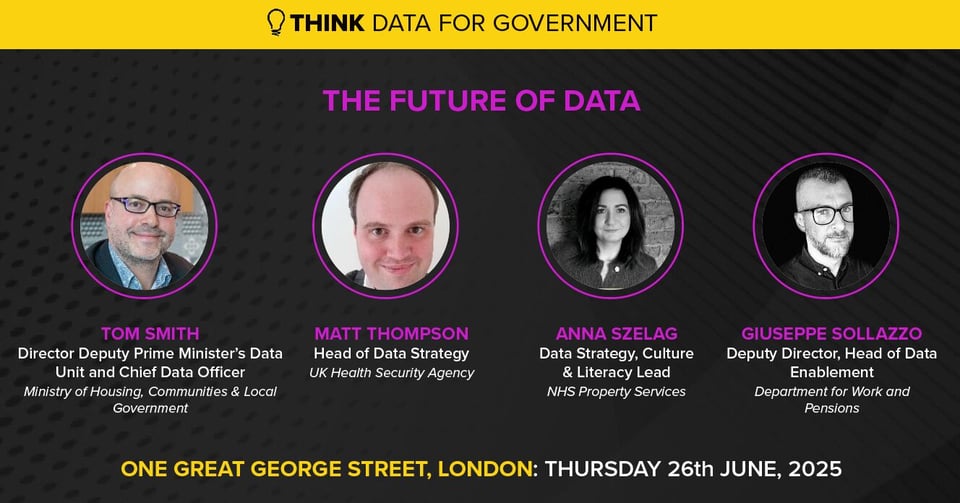
The Quantum of Sollazzo grove now has 31 trees. It helps managing this newsletter's carbon footprint. Check it out at Trees for Life.
'till next week,
Giuseppe @puntofisso.bsky.social
🛎️ Things that caught my attention
Andy Redwood (who's not just my excellent proofreader) sent me this brilliant article called "AI is Stone Soup" by Benjamin Riley, which likens AI to the famous parable of the soldiers preparing soups with stones and... donated produced by a group of startled villagers. The obvious point he makes here is a critical one based on the idea that AI models are trained with items that the trainers got "for free". One to ponder about.
"Last week, Claude threatened to expose an engineer’s affair to avoid being shut down**", a story we've all read on the media. In this LinkedIn post Lorna Khemraz, who's a lawyer, makes two interesting points about the intellectual openness with which Anthropic approached this exercise, which was designed to test the LLM's behaviour in edge cases. While I'm obviously not here to judge Anthropic's behaviour or challenge its motives, this is an interesting development in terms of transparently dealing with the darker sides of AI, its "hallucinations", and creating sensible constraints to its use.
Another AI-related article (sorry, I fear I'm turning into an AI newsletter...) Algorithm Watch looks into the issue of crime related to the training of AI models by gig workers. Thanks to Barry Tennison for sending it over.
Finally, this brilliant tool by Vasileios Milias, a researcher in Urban Mobility. CThood allows the user to explore X-minute neighborhoods. It's in beta and, for now, limited to Athens, but it's pretty good and Vasileios welcomes feedback and feature requests. "What is accessible, how, and for whom?"
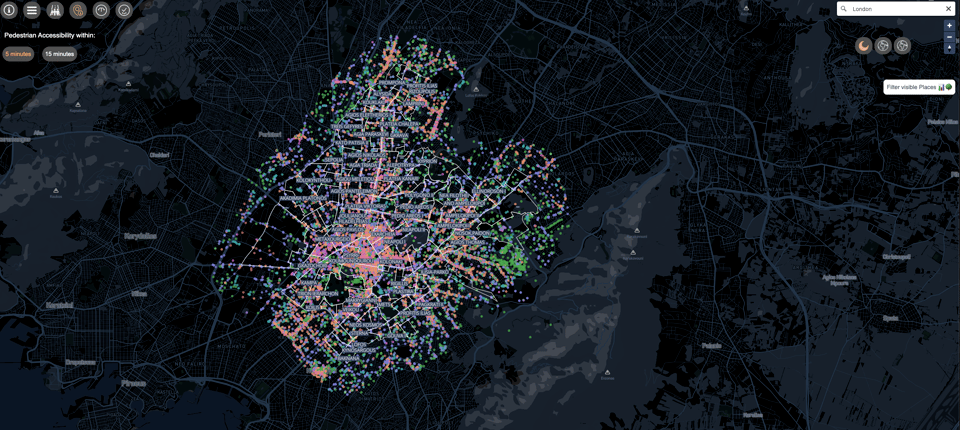
✨ Topical
Flat out unfair? A progressive take on taxes
Datawrapper's Luc Guillemot looks at an often controversial topic: progressive taxation vs flat taxation. He focusses on Europe (as per Eurostat data).
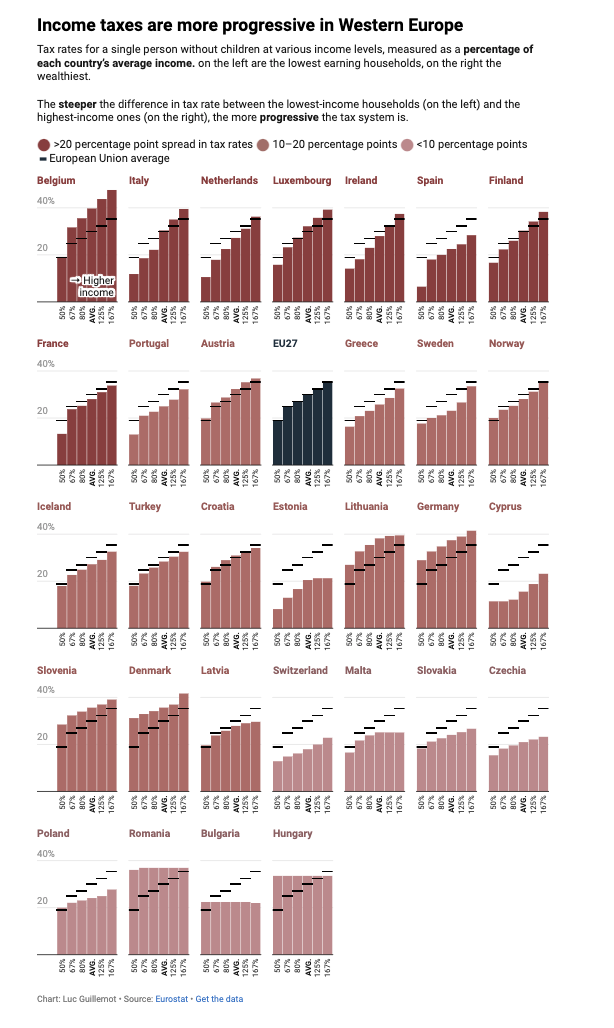
Brain food, delivered daily
Every day we analyze thousands of articles and send you only the best, tailored to your interests. Loved by 505,869 curious minds. Subscribe.

🛠️📖 Tools & Tutorials
The Prompt Engineering Playbook for Programmers
"Turn AI coding assistants into more reliable development partners" offers this blog post, which comes along a cheatsheet to get started and examples of poor and good prompts.
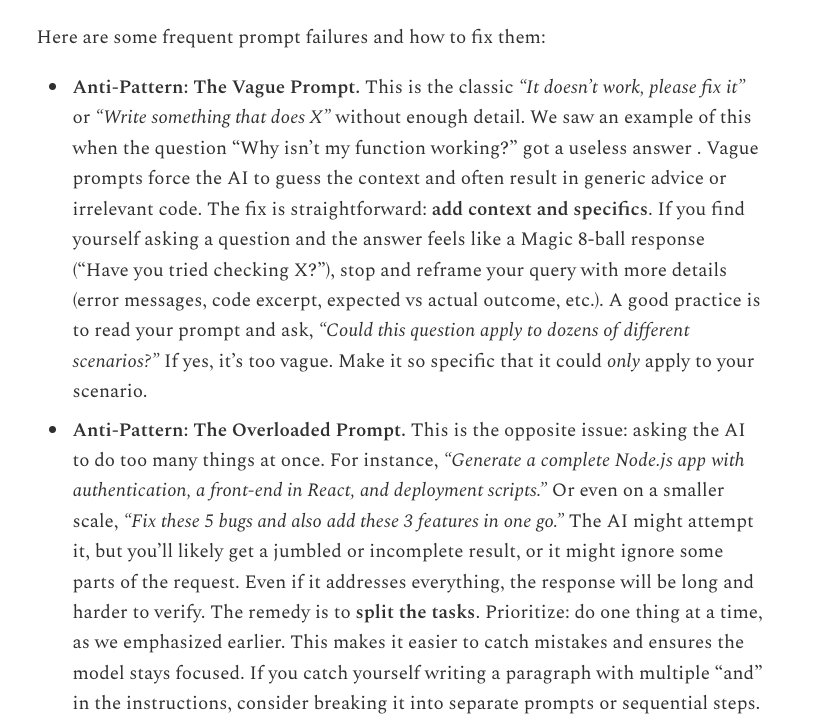
Progressive JSON
"Do you know about Progressive JPEGs? Here’s a nice explanation of what a Progressive JPEG is. The idea is that instead of loading the image top to bottom, the image instead is fuzzy at first and then progressively becomes more crisp.
What if we apply the same idea to transferring JSON?"
Analyze Survey Data for Free
"Forty-Nine Public Microdatasets, One Easy To Type Website" with easy R code to query them.

Ways to Optimize Your Code in Python
4 ways of making your code more performant by looking at List vs Tuples, Dictionaries and Sets vs Lists, and more.
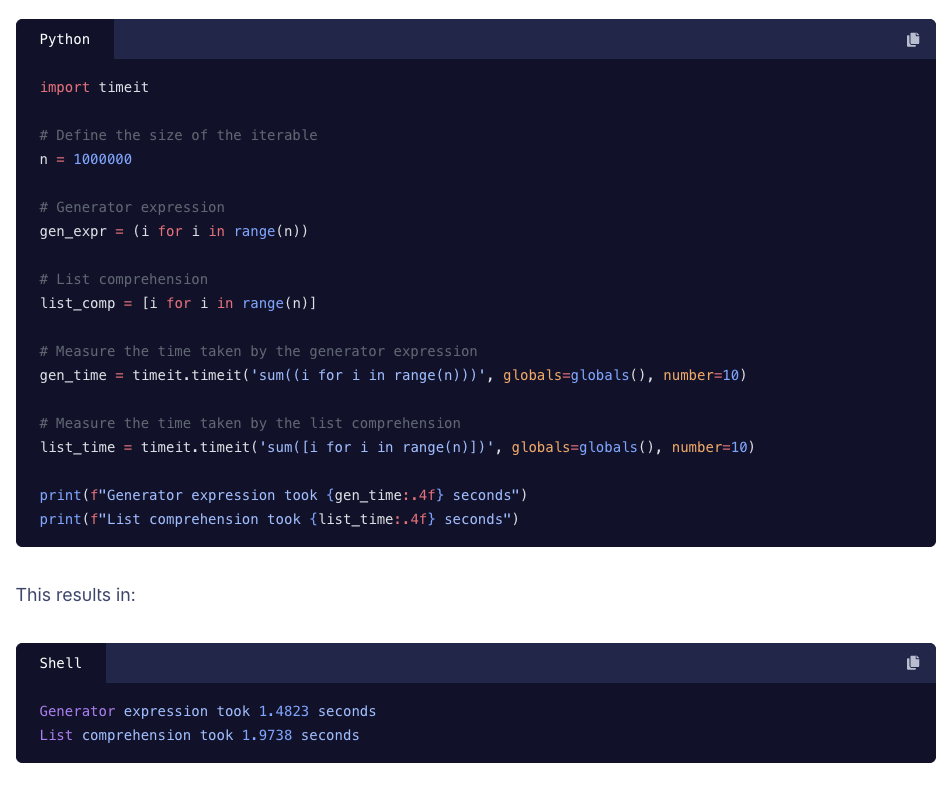
A faster way to copy SQLite databases between computers
"The indexes don’t store anything unique – they just duplicate data from other tables to make queries faster. Copying the indexes makes the transfer less efficient, because I’m copying the same data multiple times. I was thinking about ways to skip copying the indexes, and I realised that SQLite has built-in tools to make this easy."
Making an LLM/AI web app for GOV.UK prototyping
"I made an LLM/AI web app to configure GOV.UK components for prototypes". Very clever by Joe here, focussing on using the GDS system design in an LLM.
🤯 Data thinking
What can be learned when multiple analysts arrive at different estimates
"Kowall et al. (2025) have brought the multi-analyst approach to epidemiology, with instructive results. With this approach, multiple researchers analyze the same data set to answer the same research question. Or, at least, what appears to be the same research question. "
Minimalism and the absurdity of the data-to-ink-ratio
"How much minimalism is too much minimalism? I explore this question and propose the most minimalist, highest scoring data-to-ink ratio on a visualization ever made as a thought piece. Why? Well novices learning to make data visualizations are often taught to avoid 'chart junk' and strive towards visual minimalism. But they aren't told when to stop."
TL;DR: Tufte is not always good :)
📈Dataviz, Data Analysis, & Interactive
Vatican City vs Kansai International Airport
I love this. I haven't checked if the projection is right...
(via Link Molto Belli)

van Gogh style wind map
You'll have to watch a video, but it's a pretty cool effect.
(via Geomob)

Seasonal Trend for Europe
Searchable and visualizable data by the EU's Global Wildfire Information System.
(Via OBC/Transeuropa)
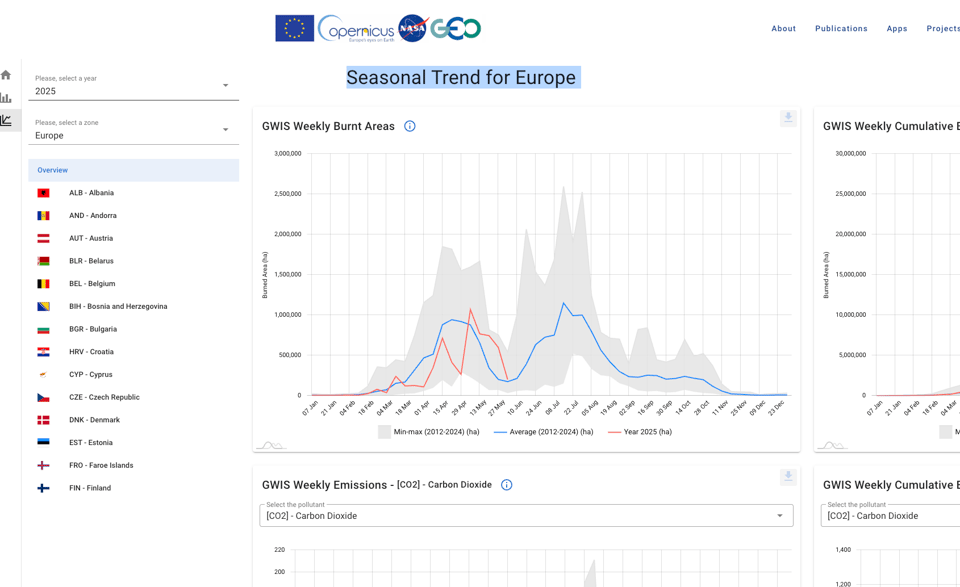
From movie theater to home: An exercise in patience
I found this data analysis by Gustav Neustadt of Datawrapper very interesting, as I've recently taking on going to the cinema (yes, I'm a late adopter...).
He says: "I gathered the highest-rated films from 2000 onwards and tracked the time between each film’s festival or premiere date, its first theatrical opening, and its first home release (on DVD, Blu-ray, streaming services, TV, or as digital download) — disregarding the country to keep it simple. The chart below shows how that window has steadily narrowed over the past two decades."
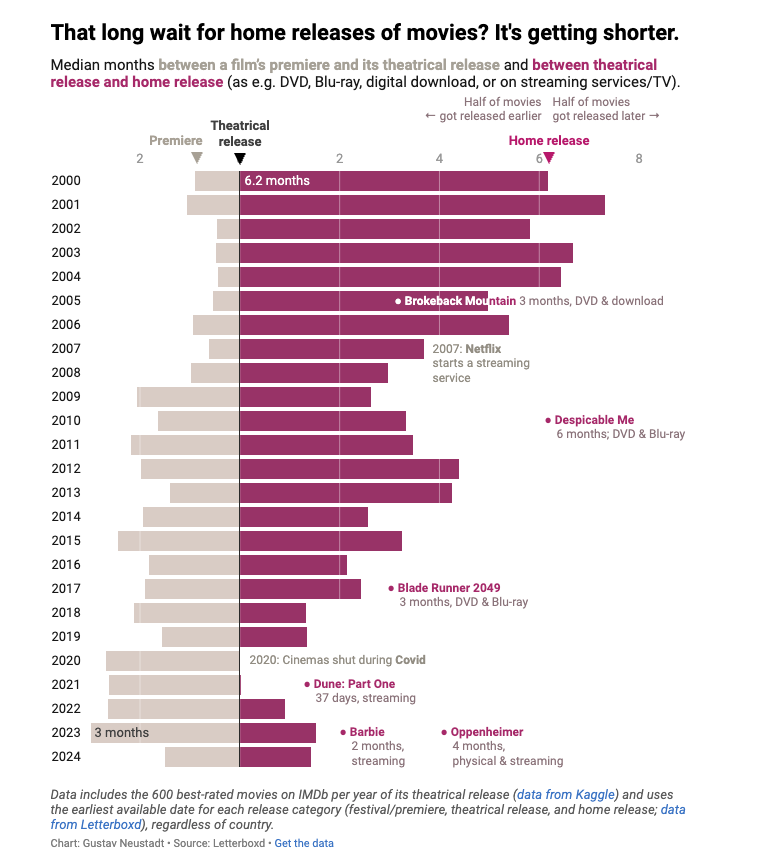
🤖 AI
Human coders are still better than LLMs
Pretty good and spot on article on the right approach to LLMs for coding.
TL;DR: "Well, all this to say: I just finished the analysis and stopped to write this blog post, I’m not sure if I’m going to use this system (but likely yes), but, the creativity of humans still have an edge, we are capable of really thinking out of the box, envisioning strange and imprecise solutions that can work better than others. This is something that is extremely hard for LLMs. Still, to verify all my ideas, Gemini was very useful, and maybe I started to think at the problem in such terms because I had a “smart duck” to talk with."
Vision Language Models are Biased
"Finding: State-of-the-art Vision Language Models achieve 100% accuracy counting on images of popular subjects (e.g. knowing that the Adidas logo has 3 stripes and a dog has 4 legs) but are only ~17% accurate in counting in counterfactual images (e.g. counting stripes in a 4-striped Adidas-like logo or counting legs in a 5-legged dog). VLMs don't actually "see" - they rely on memorized knowledge instead of visual analysis due to bias."
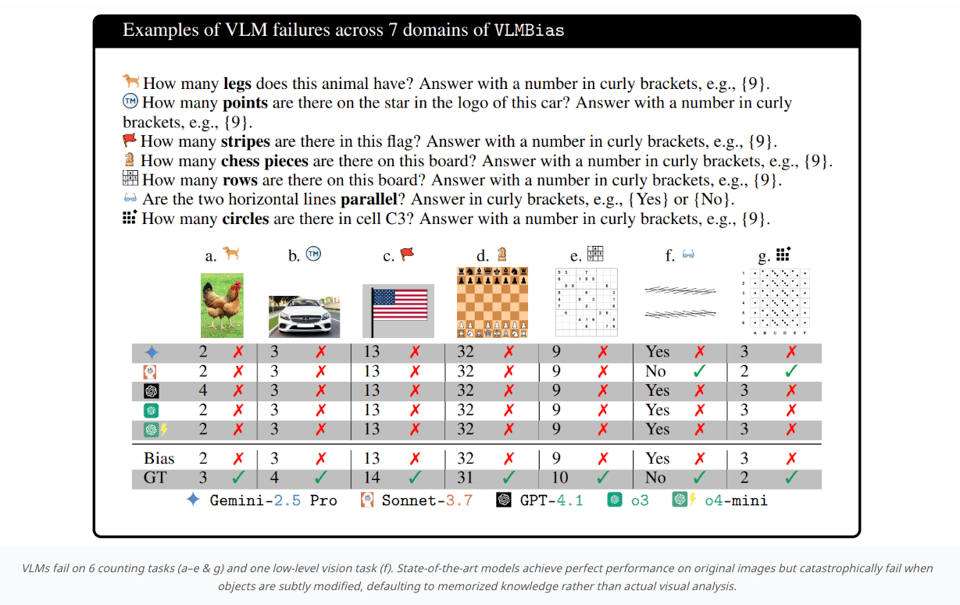
Claude Code is My Computer
"TL;DR: I run Claude Code in no-prompt mode; it saves me an hour a day and hasn’t broken my Mac in two months. The $200/month Max plan pays for itself."
Claude, let's play Global Thermonuclear war.
My AI Skeptic Friends Are All Nuts
"All progress on LLMs could halt today, and LLMs would remain the 2nd most important thing to happen over the course of my career."
|
DID YOU LIKE THIS ISSUE>? → BUY ME A COFFEE! 
You're receiving this email because you subscribed to Quantum of Sollazzo, a weekly newsletter covering all things data, written by Giuseppe Sollazzo (@puntofisso). If you have a product or service to promote and want to support this newsletter, you can sponsor an issue. |
quantum of sollazzo is also supported by Andy Redwood’s proofreading – if you need high-quality copy editing or proofreading, check out Proof Red. Oh, and he also makes motion graphics animations about climate change.
